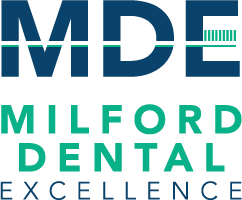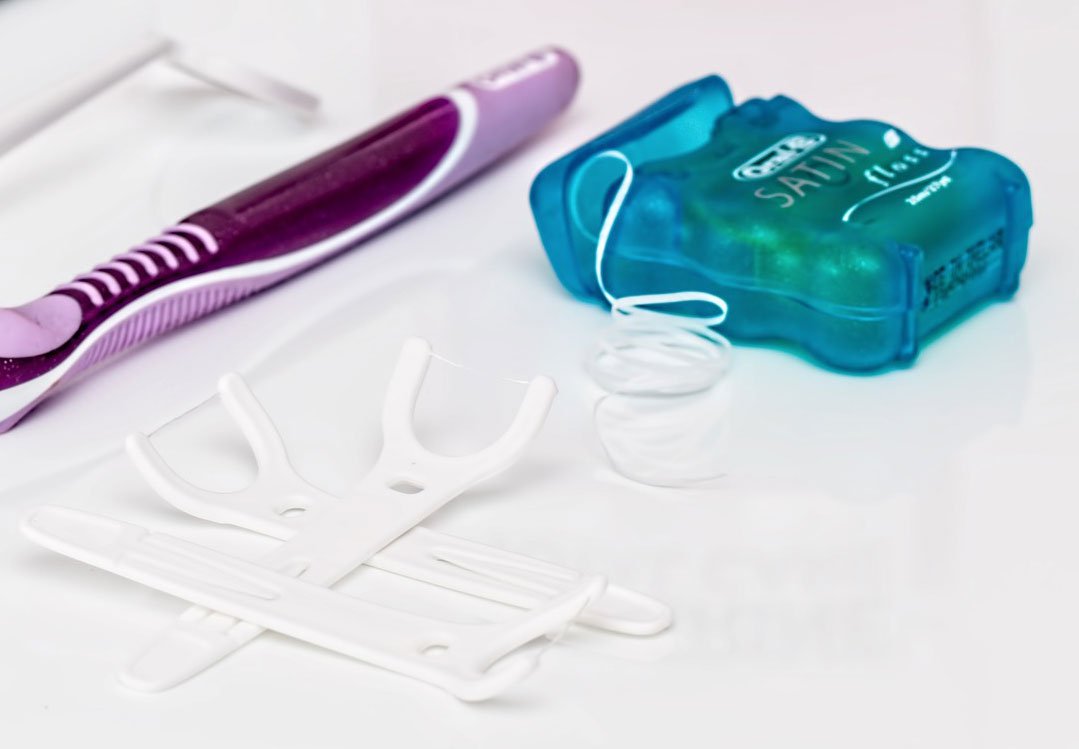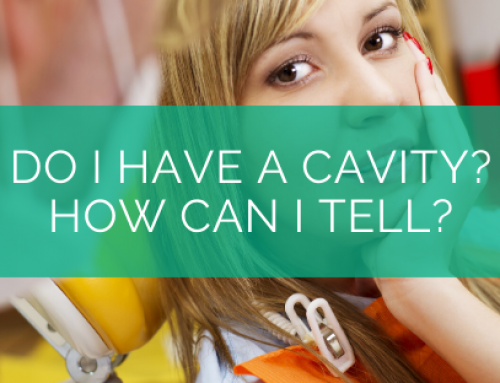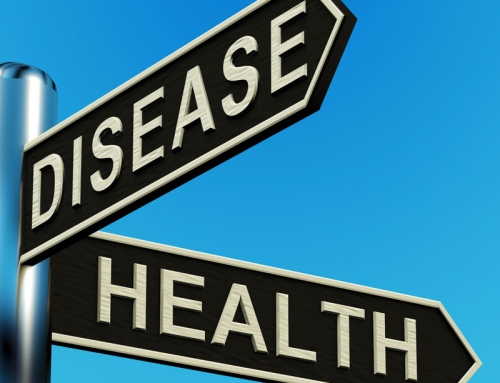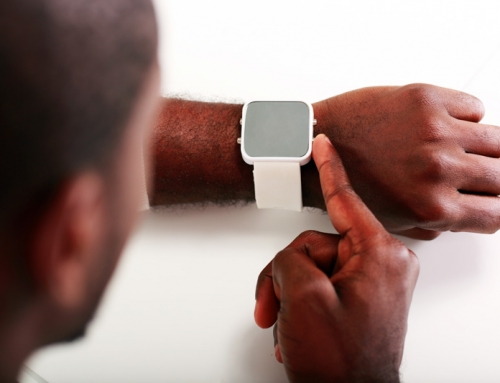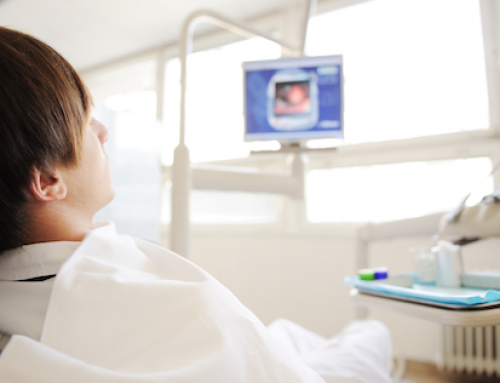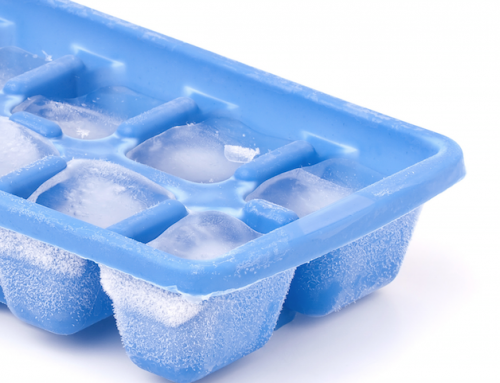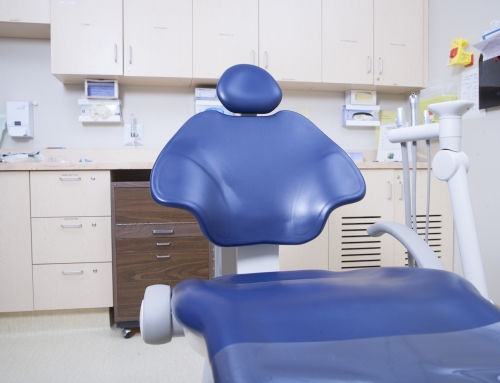Being told you need to floss more can seem like a hassle. The act of flossing itself can seem like a chore. However, your dentist is just trying to look out for you because not flossing more could do you a lot more harm than you think.
When you go to brush your teeth it is a good idea to start flossing as well. Although the best time to floss is before you eat, the most important thing is that you floss regularly. Brushing your teeth alone is just not going to cut it.
What happens when I brush my teeth, but don’t floss?
Brushing your teeth will ensure you clean the major areas of each tooth, but not all of them. Food and other germs are often left behind after brushing your teeth because a toothbrush simply can’t hit every spot of every tooth, especially between the teeth. This is why you floss. Flossing your teeth makes sure you get rid of all the leftover food particles and germs that are left untouched by the toothbrush.
What happens if I leave the food particles and germs on my teeth?
Leaving germs to marinate within your mouth eventually turn into plaque. If plaque is left uncleaned it can turn into tartar. You know what happens after that? Cavities and gum disease.
The plaque that builds up on your teeth from the left over germs is removable by brushing and flossing your teeth on a regular basis. However if you don’t floss, you end up with tartar which you simply cannot remove yourself. It requires the aid of special dental equipment to remove tartar before any serious complications can arise.
While it is often advised that you floss twice a day I know that is often unreasonable if you have a busy day or maybe you just simply don’t want to floss that often. The most important thing is that you floss and do so regularly. Regular flossing prevents bad breath, cavities, and in worse cases, gum disease. If you feel you haven’t been flossing enough make sure you start now and see Dr. Millford so you can get any plaque and tartar buildup removed immediately.
